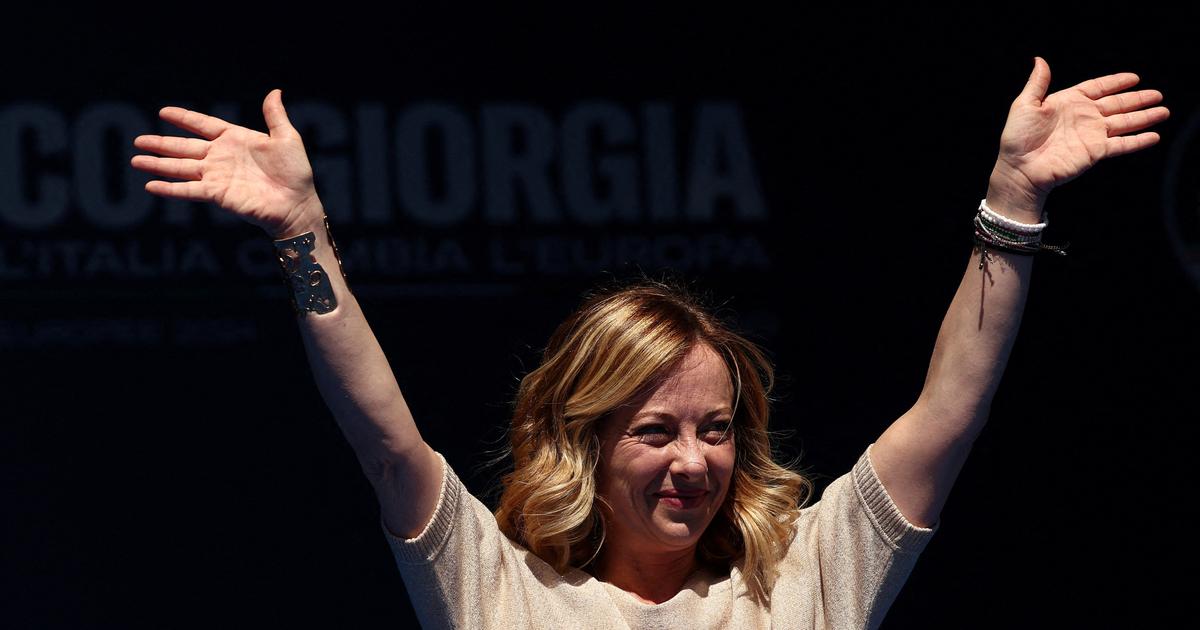The Emerging Political Rift in European Elections
The upcoming European elections are being framed as a decisive moment for the future direction of the European Union, with major political figures and parties presenting starkly different visions. In a rally in Rome, Italian Prime Minister Giorgia Meloni characterized the elections as a “turning point” that could bring the European Union into alignment with far-right ideologies. The leader of the post-fascist Fratelli d’Italia party, Meloni, expressed her ambitions to replicate her domestic success in Brussels by establishing a right-wing government in Europe.
Meloni criticized the European Union for becoming a 'paradise for bureaucrats' and focusing excessively on regulations, particularly ecological issues. She emphasized the need for the EU to act as a partner to nation-states rather than a stifling superstructure. The rally highlighted the Fratelli d’Italia party’s successes and painted a vision of a new Europe, which could see traditional parties being pushed into opposition.
Rising Tensions and Divided Alliances
Gabriel Attal, the French Prime Minister, took a firm stance against the far right during a rally in Aubervilliers. He warned that a strong performance by far-right parties could 'block all European projects' and framed the election as a critical juncture for Europe’s survival. Attal insisted on the necessity for mobilization, stating that non-participation could lead to severe consequences for the future of Europe.
Surveys predict mixed outcomes across the continent. In Germany, the Christian Democrats (CDU/CSU) are anticipated to remain the strongest force, while the far-right Alternative für Deutschland (AfD) has experienced a decline following multiple scandals. The alliance dynamics in the EU Parliament remain fluid, with the right-wing Identitarian and Democracy faction recently excluding AfD top candidate Maximilian Krah.
President Ursula von der Leyen of the European Commission finds herself in a precarious position, caught between courting right-wing Italian Prime Minister Meloni and appeasing her center-left coalition partners. The Social Democrats and Greens have strongly opposed any coalition with the European Conservatives and Reformists (ECR), a group known for its right-wing views but also its stance against Russia and support for Ukraine. Meloni, positioned as a potential kingmaker, could significantly influence the outcome and alliances within the European Parliament.
These elections are thus not merely about parliamentary representation but are seen as critical in determining the ideological trajectory of the European Union. Both right-wing and traditional parties are consolidating their positions and rallying their voter bases, each presenting the election as a pivotal moment for Europe’s future.
- Recent surveys have shown increasing interest in the European elections among German citizens, with a significant majority viewing EU membership favorably. This growing engagement might influence voter turnout and the eventual distribution of seats in the European Parliament.
- The complex dynamics of right-wing alliances reflect broader ideological battles within the EU. Figures like Giorgia Meloni symbolize a shift towards far-right ideologies gaining traction, while opposing voices like Gabriel Attal represent the battle to preserve more traditional European values and cohesion.
- The European elections are kicking off in the Netherlands, setting the stage for what many predict to be a highly contentious season across the continent. The results will likely have substantial implications for the policy direction of the entire European Union in the coming years.






